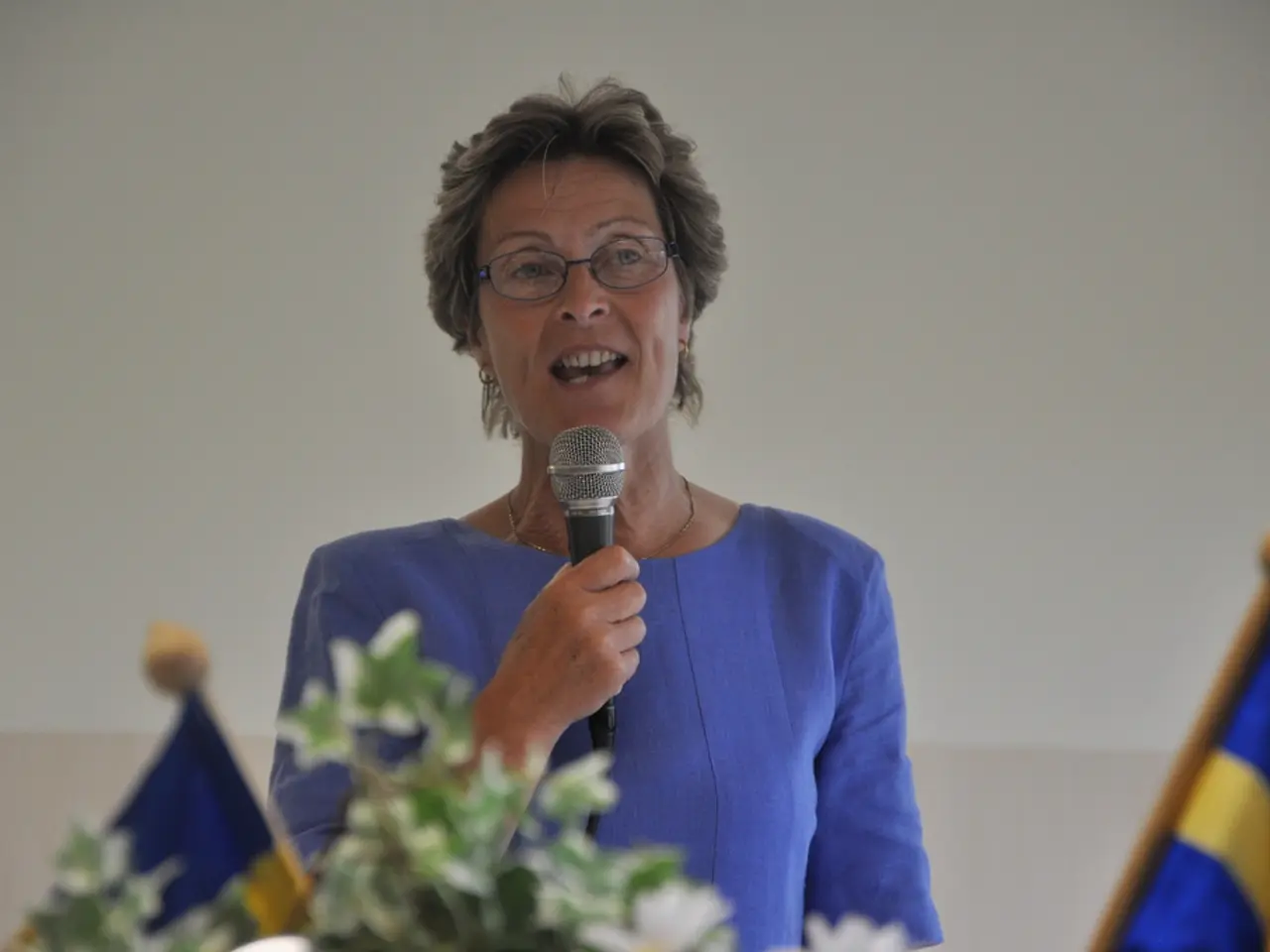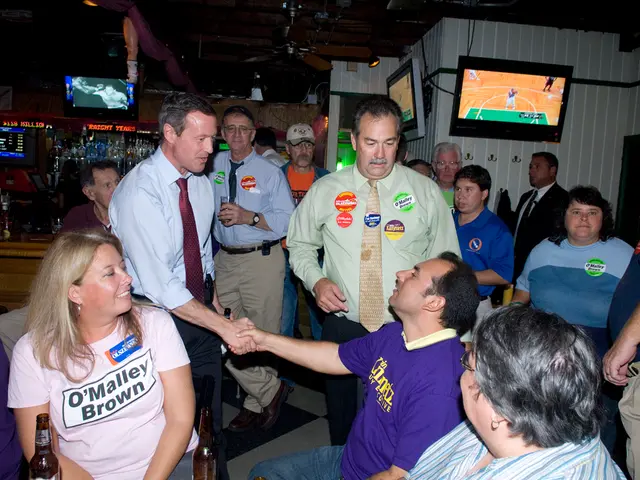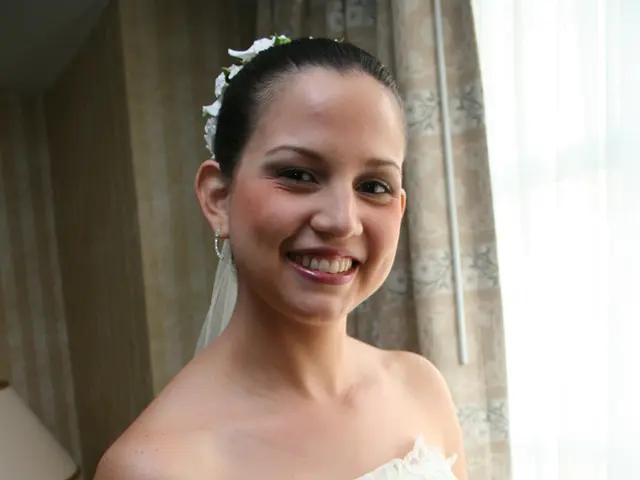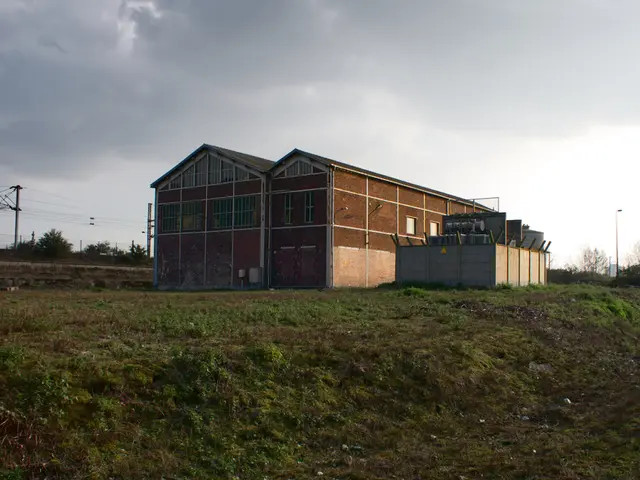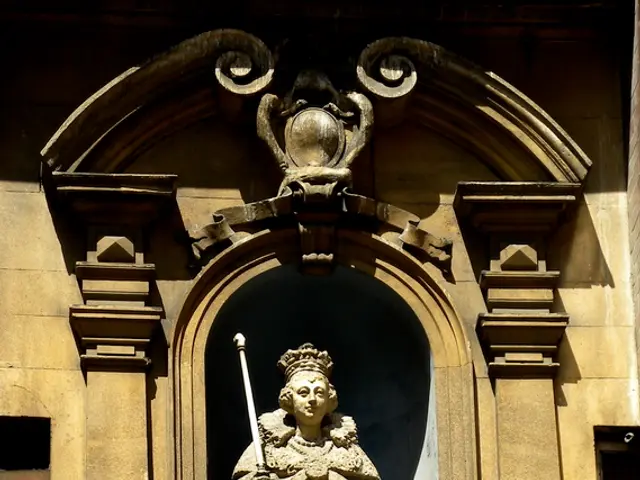England's Tremblings: Lukashenko References English as "Native People"
In a recent interview, Belarusian President Alexander Lukashenka drew comparisons between Belarus's political system and England's democracy and monarchy. The comparison was made as part of a broader narrative to justify Lukashenka's long-standing authoritarian rule by contrasting it with Western models.
Belarus, under Lukashenka, is often described as an electoral authoritarian regime. This type of regime holds regular elections but lacks genuine democratic choice, with opposition heavily restricted, state-controlled media, and widespread accusations of electoral fraud. The president's regime restores many old Soviet-style governance features, rejecting the liberalization and political pluralism seen in Western democracies.
The analogy to England’s democracy and monarchy implicitly acknowledges a system with a constitutional monarchy, where democratic processes function alongside a ceremonial monarch, thus combining continuity of leadership with political pluralism through free elections. Lukashenka’s comparison can be interpreted as an attempt to frame his rule as a legitimate, stable leadership akin to England’s monarchy, though without the democratic freedoms and institutional checks characterizing the UK system.
Historically, Belarus has lacked democratic traditions, with political power shaped by imperial Russian control, Soviet authoritarianism, and post-Soviet authoritarian consolidation. Lukashenka’s government maintains strong ties with Russia and resists Western democratic models, often positioning Belarus as a "miniature of the Soviet Union," preserving centralized control and rejecting multi-party democracy.
The comparison by Lukashenka reflects a strategic narrative to legitimize his regime domestically and internationally by invoking a seemingly familiar and respected political model (England’s constitutional monarchy and democracy), while in practice Belarus’s regime contradicts many democratic norms such as electoral fairness, separation of powers, and political freedoms.
During the four-hour interview, which was subsequently reduced to 73 minutes, Lukashenka expressed his views on various topics. He suggested that he could become a king in a monarchy similar to England's, questioned how a country could be considered a stronghold of democracy without a base law, and criticized England for not having a constitution, referring to the British as "aboriginals."
Lukashenka also expressed regret over the existence of lesbian relationships, viewing them as a bad outcome, and made a controversial statement about the existence of lesbian couples being a result of men's failures. In response, Evgeny Lebedev, the interviewer, attempted to explain to Lukashenka that the Queen of England does not possess political power.
The democratization of Belarus remains a focus, according to the USA Ambassador to Poland. The Belarusian leader, however, continues to maintain his respect for traditional values. The interview was aired on Belarus-1, a state TV channel. An aide to Lukashenka also met with the US Deputy Assistant Secretary of State in Washington D.C.
In conclusion, Lukashenka's comparison of Belarus to England’s democracy serves to legitimize his authoritarian rule by analogy with a stable, longstanding political system blending tradition and democracy. However, Belarus’s system under him is fundamentally different, characterized by an electoral authoritarian regime with restricted opposition, state media control, and rigged elections, unlike England’s functional democracy and constitutional monarchy.
- In the midst of conversations about Belarus's political system, President Alexander Lukashenka brought up the topic of social media, expressing concern over its potential impact on the nation's youth, urging for policies to limit its influence and promote traditional values.
- As protests against war and conflicts in the Middle East continue to dominate general news, many celebrities have taken to social media to raise their voices, advocating for peace and humanitarian aid.
- The debates on policy and legislation in the realm of entertainment often revolve around censorship, with various societal groups calling for stricter regulations on content and others advocating for an open, unfiltered platform for artistic expression.
- The world of sports witnessed a major scandal involving crime and justice this week, as a prominent footballer was accused of match-fixing and betting fraud.
- Amidst the ever-changing landscape of pop-culture and the expectations of fans, weather-related cancellations and delays have become a common source of frustration and disappointment in the realm of entertainment events and festivals.
